Dive and travel back in time: A ‘Biyahe ni Drew’ itinerary in Batangas
ARE YOU a beach bum looking for a quick getaway? Batangas, known for its beaches and diving sites, is just 94 kilometers or two hours away from Manila.
For only P200, you can go to Batangas from the many bus stations in the metro: Buendia, Cubao, Kamias, Lawton, Ortigas and more.
And if it is ancestral houses that you seek, there is no need to go up north. The heritage town of Taal may be just what you are looking for.
#DivePaMore
Batangas is known for its world-class diving sites. In fact, Mabini, Batangas is considered as the “birthplace” of scuba diving in the country.
But our first must-try diving site is in Anilao, where Batok diving site could be found. Its peculiar name came from its position: behind an island called Sombrero. Behind the sombrero is a batok or nape of the neck.
Batok is a favorite among underwater photographers because of its abundance of corals and rich marine life. Its maximum depth is 20 meters or 70 feet. As you dive, you will already see fishes like anemo or clownfish, moorish idol, yellowtail puller, parrot fish, lizard fish and blue ribbon eel.
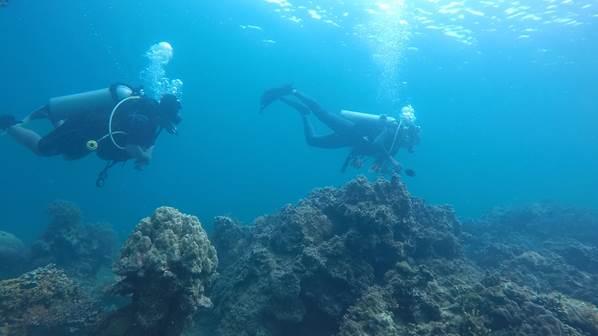
For the more advanced diver, we recommend the San Luis wreck diving site, where a sunken fishing boat is situated 30 meters or 100 feet from the surface. However, you could already see the wreck from 25 meters or 82 feet. Different kinds of marine life has made the still intact wreck their home. The dive to and from the Seasport Park and Dive Resort is very convenient that you could swim it!
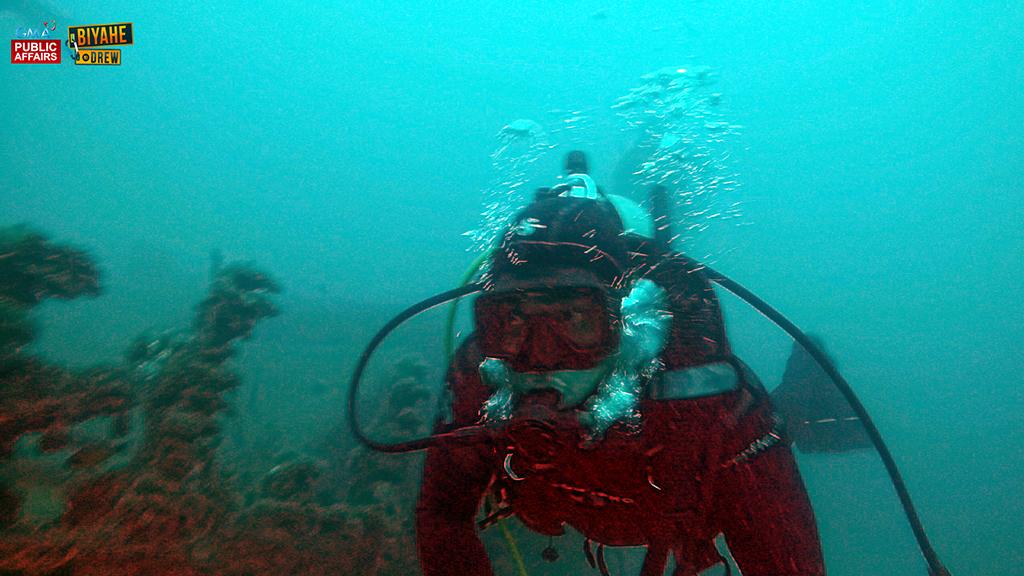
And if you do not know how to dive but still want to try watersports, no problem! You could try the Manta Ray Dive Wing—a watersport wherein you hold on to a board shaped like a Manta Ray’s pectoral fin or “wing” while a jet ski tows you. The directions are easy: you just tilt it up or down and it will take you beneath or above the waves. Once you have mastered this basic Manta Ray Dive Wing, you can level up to the Advanced Manta Ray Dive Wing where you can flip over or swim side-to-side.

#KainPaMore
After all that swimming and diving, here’s some food to appease your grumbling stomach.
At first glance, you might think this café is just one of the many ancestral houses in Taal. However, this particular one dates back to the 1890s and belonged to Feliza Diokno, who was the personal secretary of Emilio Aguinaldo for more than 40 years.
Feliza Taverna y Café have two types of menu: one is Spanish-American-inspired food and traditional Taal food like Longganisang Taal and Tapang Taal. A dish starts at P200.
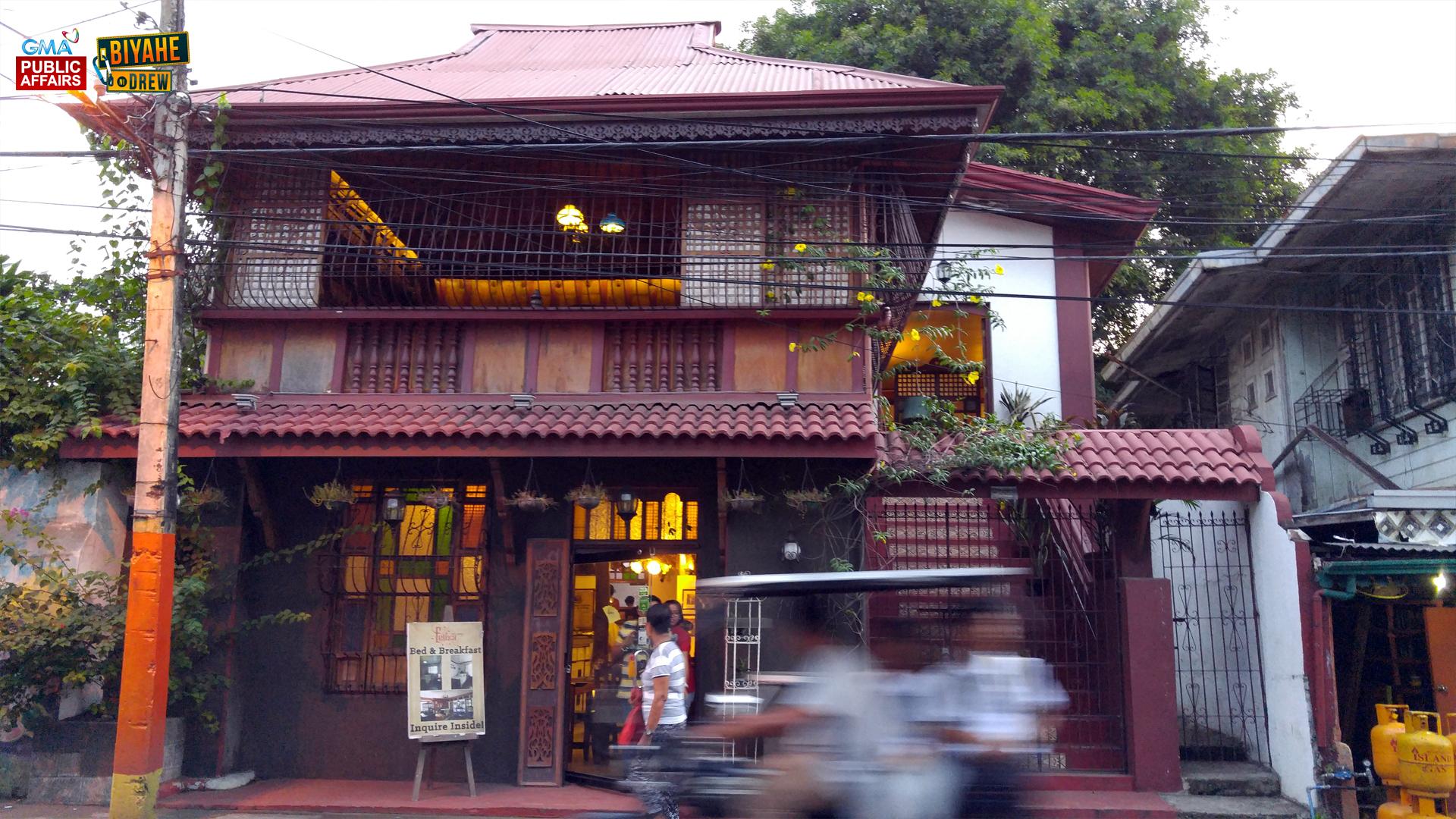
Another ancestral house turned resto is the Goco Ancestral House. It was built by Katipunero Juan Goco and has stood for 145 years. Meals served here are by appointment.
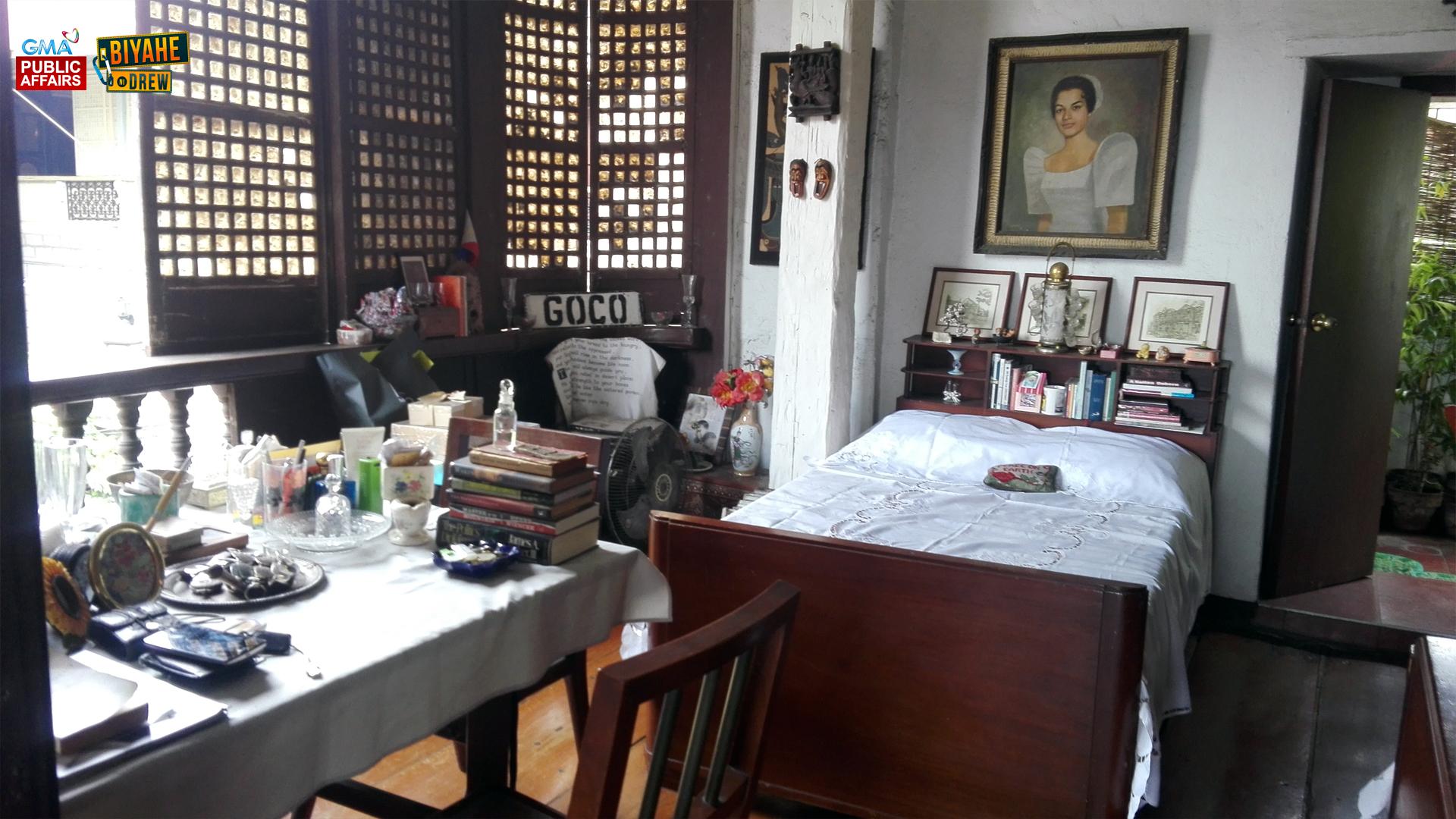
Only a block away from the Goco Ancestral House is the Paradores del Castillo, an ancestral house turned bed-and-breakfast place that has a back patio with a bar. An overnight stay costs P2,500.
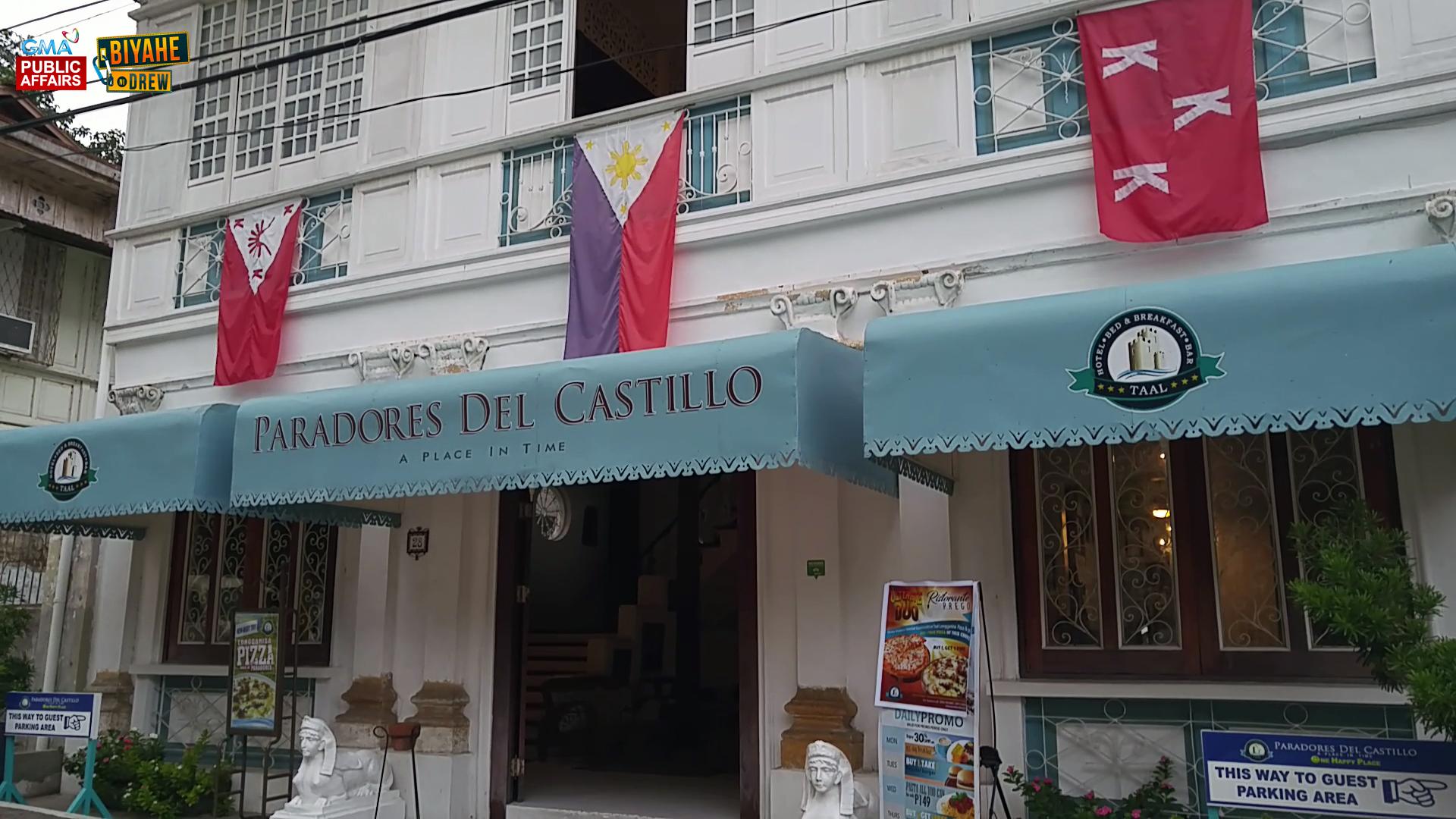
However, if you want to live like you are in the 1800s, why not go for a resort that has real ancestral houses that you could rent? MGM Ranch and Farm Resort is a 14-hectare land that has three ancestral houses for rent and a café.
They have both houses on stilts and bahay na bato. The main living quarters is upstairs like every other house in the 19th Century.
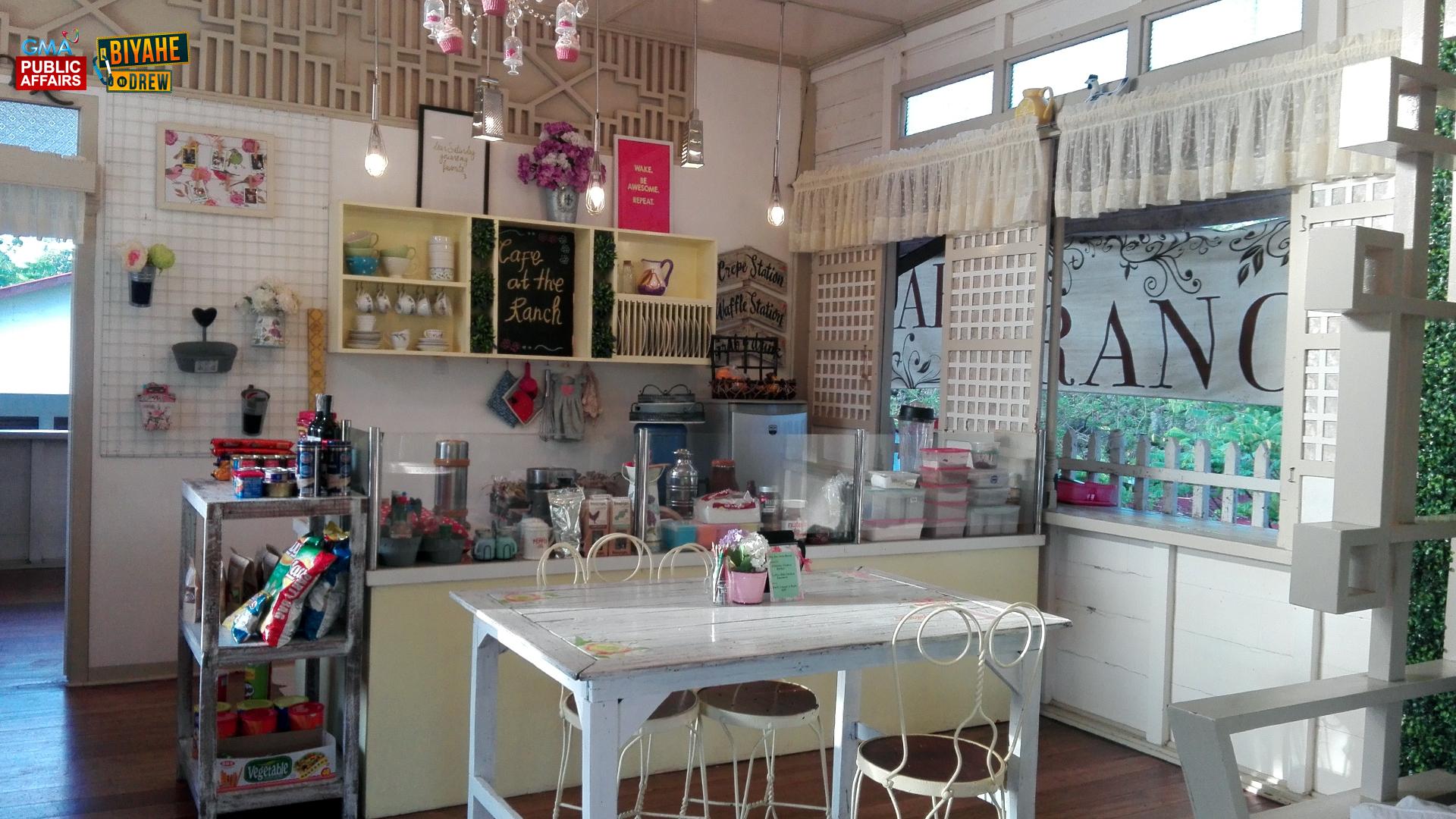
#TimeTravelPaMore
Taal, Batangas is known as a “heritage town” due to its abundance of ancestral houses. It is a national historical landmark according to the National Historical Commission of the Philippines.
Take a literal stroll down memory as ancestral houses are lined up on a single street—Calle Agoncillo. One of its oldest houses is the Marcella Agoncillo Museum, where the first Philippine flag was hand sewn.
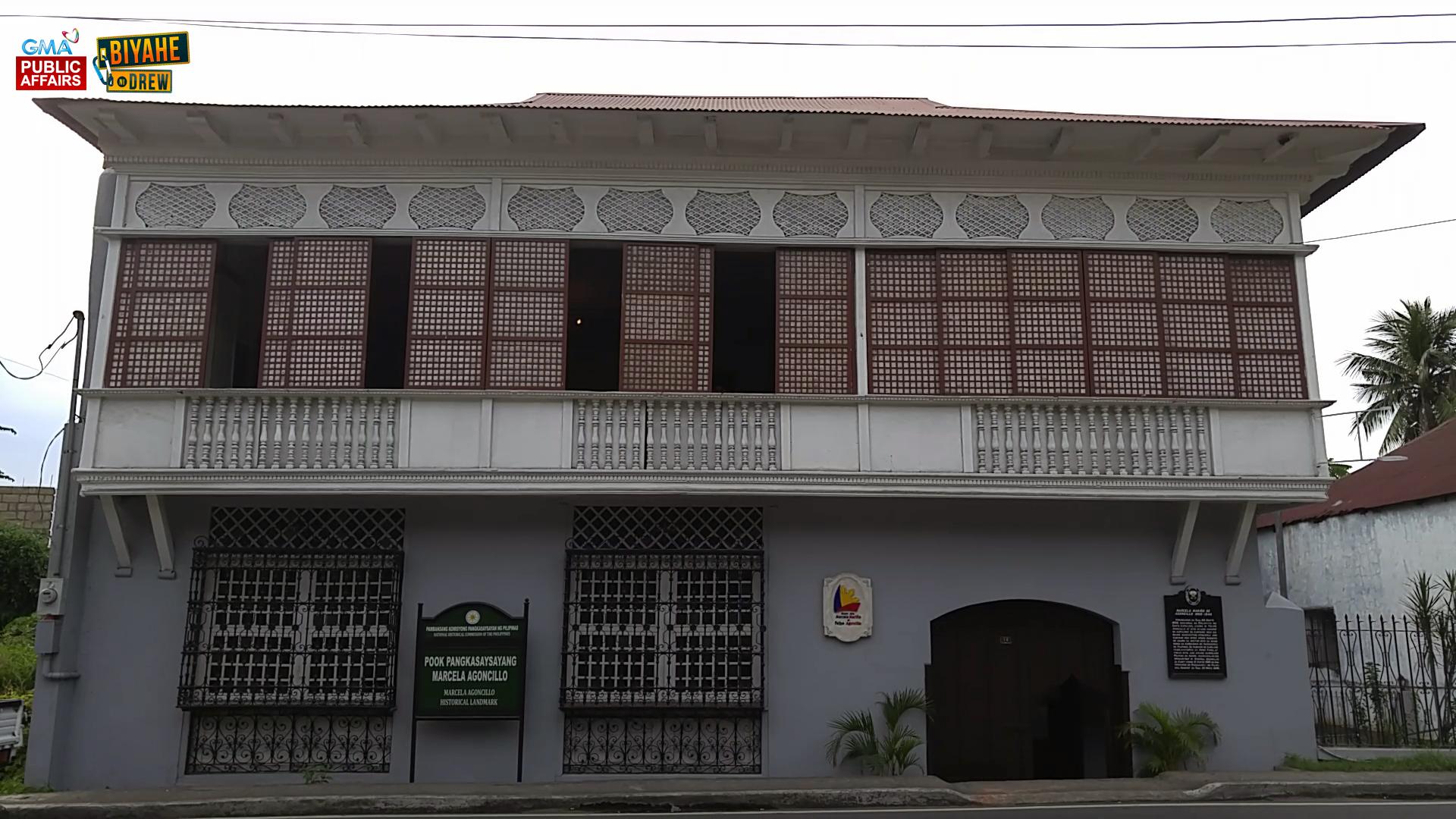
Meanwhile, the Leon at Galicano Apacible museum is the first ancestral house that was turned into a museum.
The original main living quarters of both houses are preserved on the second floor, as if it is still has residents.
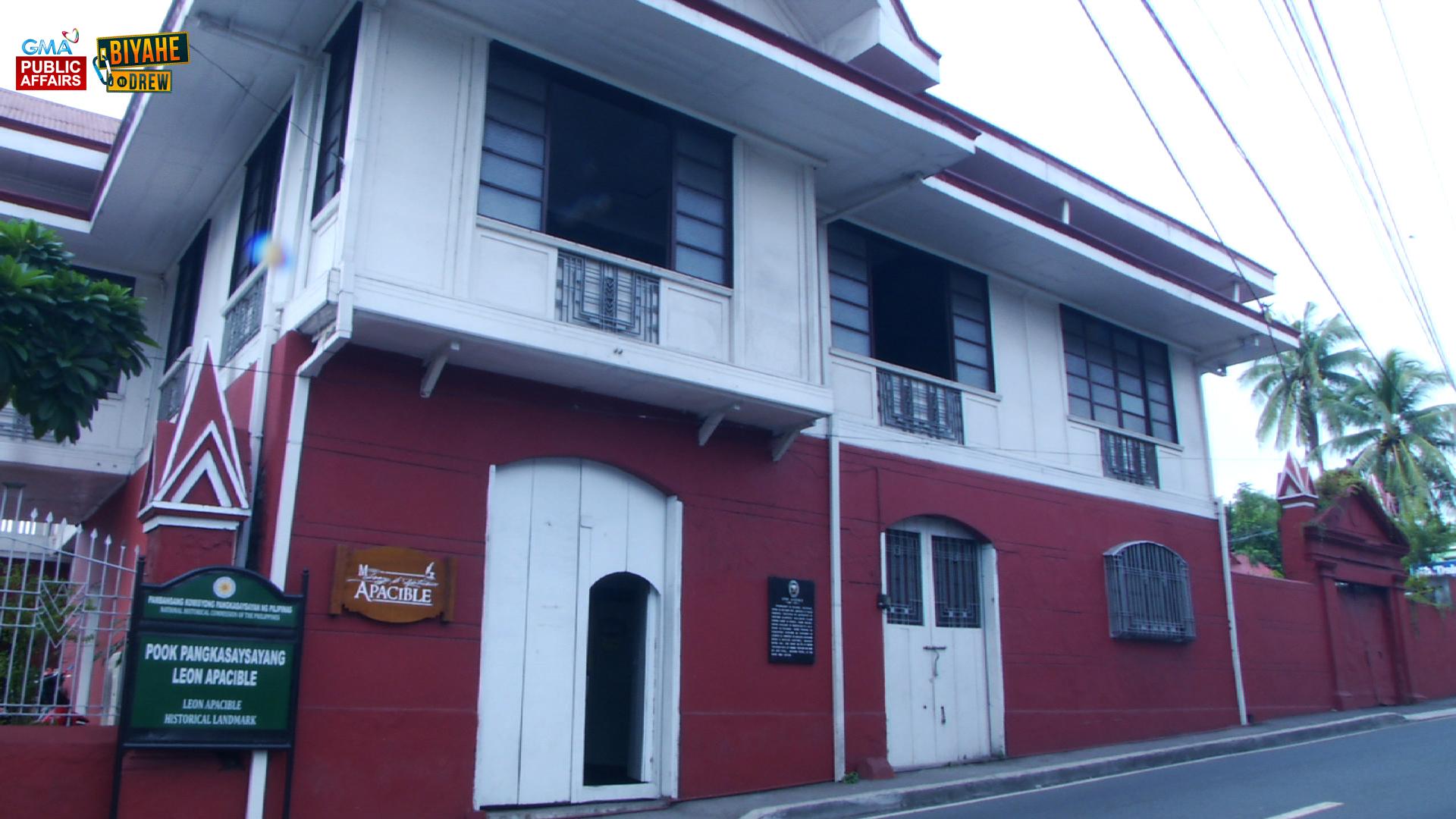
Across the Apacible Museum is Galleria Taal, the first and only vintage camera museum in the country. It has a collection of cameras dating back to the late 1800s.
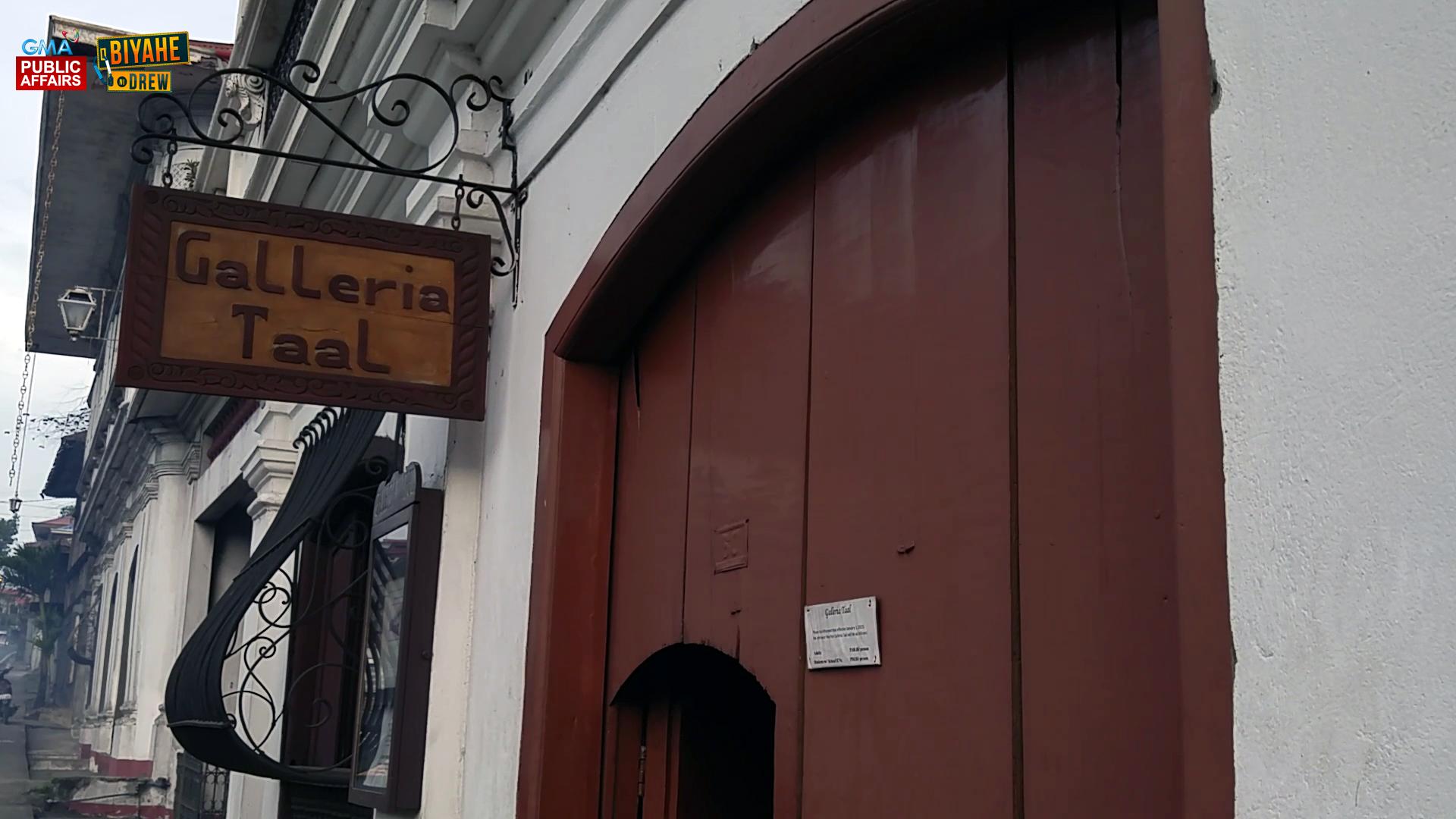
Further down the street is Galeria Orlina, the ancestral home of award-winning sculptor Ramon Orlina. His masterpieces are displayed openly to the public, quite literally as it has no walls facing the street.
Beside it is Villa Tortuga, where you can dress up as a Filipino in the Spanish era with a variety of Baro’t Saya and Barong Tagalog to choose from.
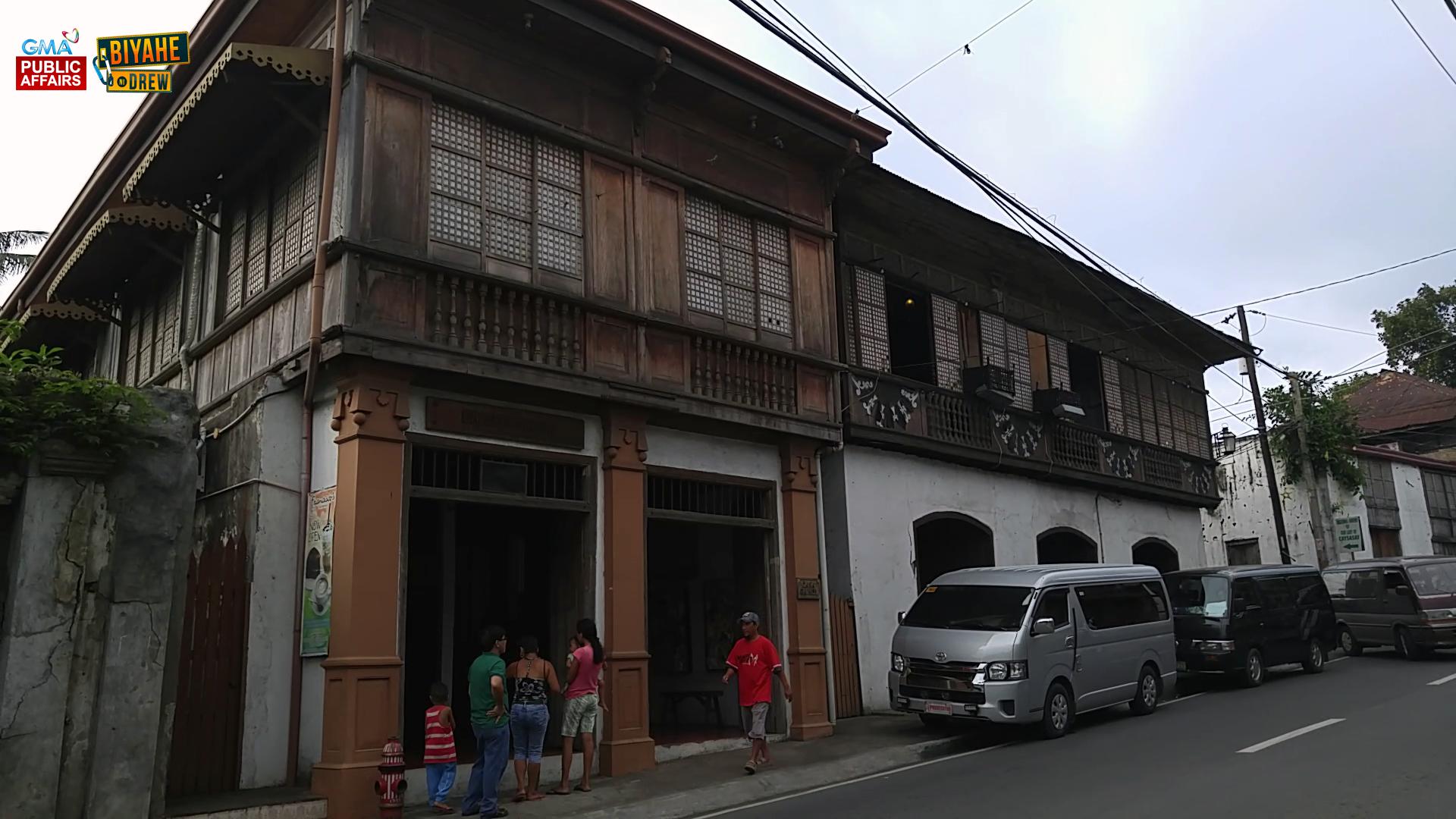
For our motorcycle enthusiasts like biyaHERO Drew, here’s a museum in Lemery, Batangas that will catch your eye. Casa Corazon is the only motorcycle museum in Asia, with a collection of around 200 motorcycles and vintage cars that started in 1986. Each one of the vehicles is in working condition but is drained of fluids like gas and oil.
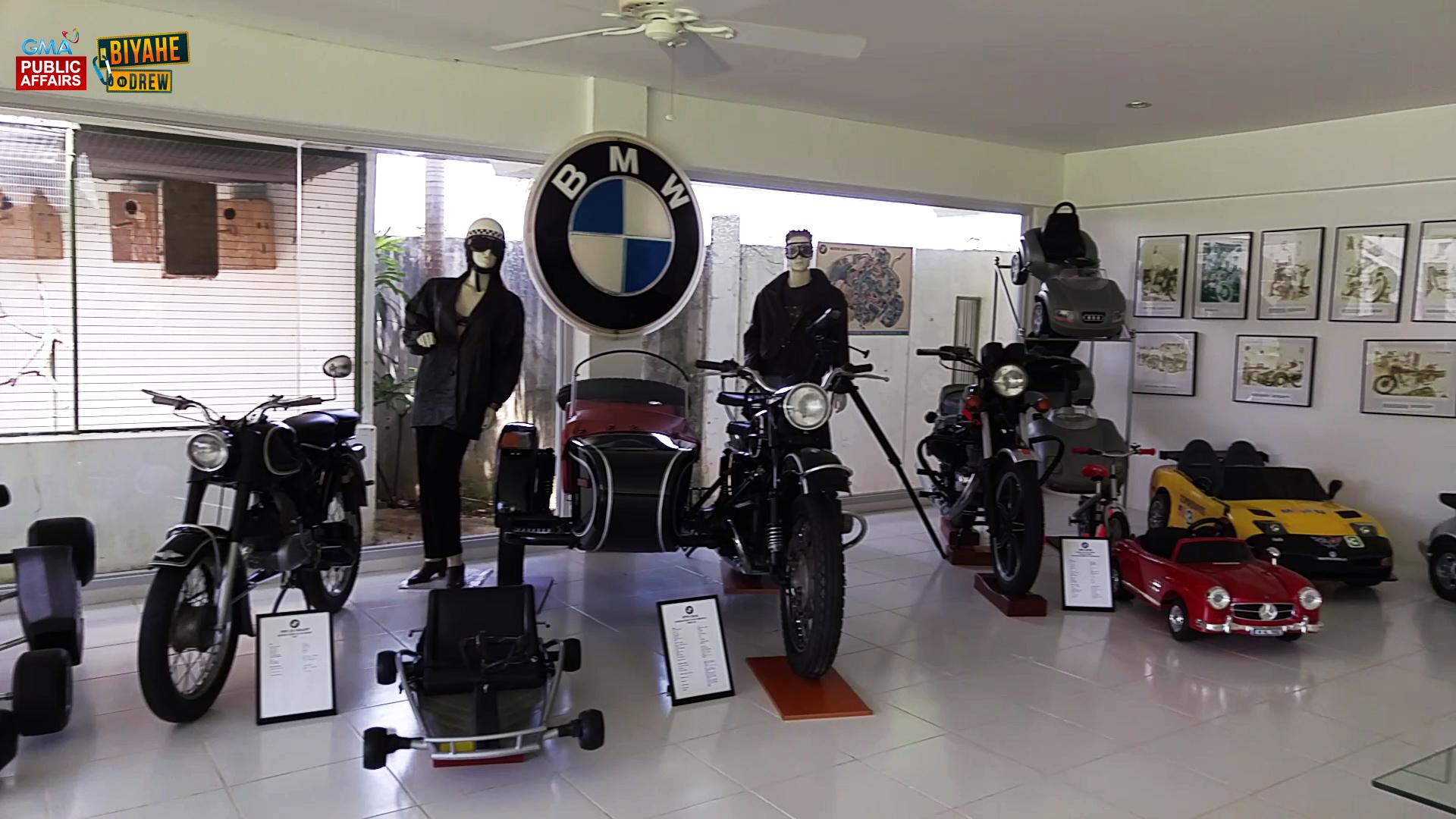
#PasalubongPaMore
There is no better pasalubong than Taal’s very own delicacies, which can all be purchased in their central market. Don’t forget to bring back Longganisang Taal, Empanadang Taal, Sumang Taal, and Panutsa (peanut brittle) to your friends in the metro. Tapang Taal is made of pork instead of beef because it is their traditional way.
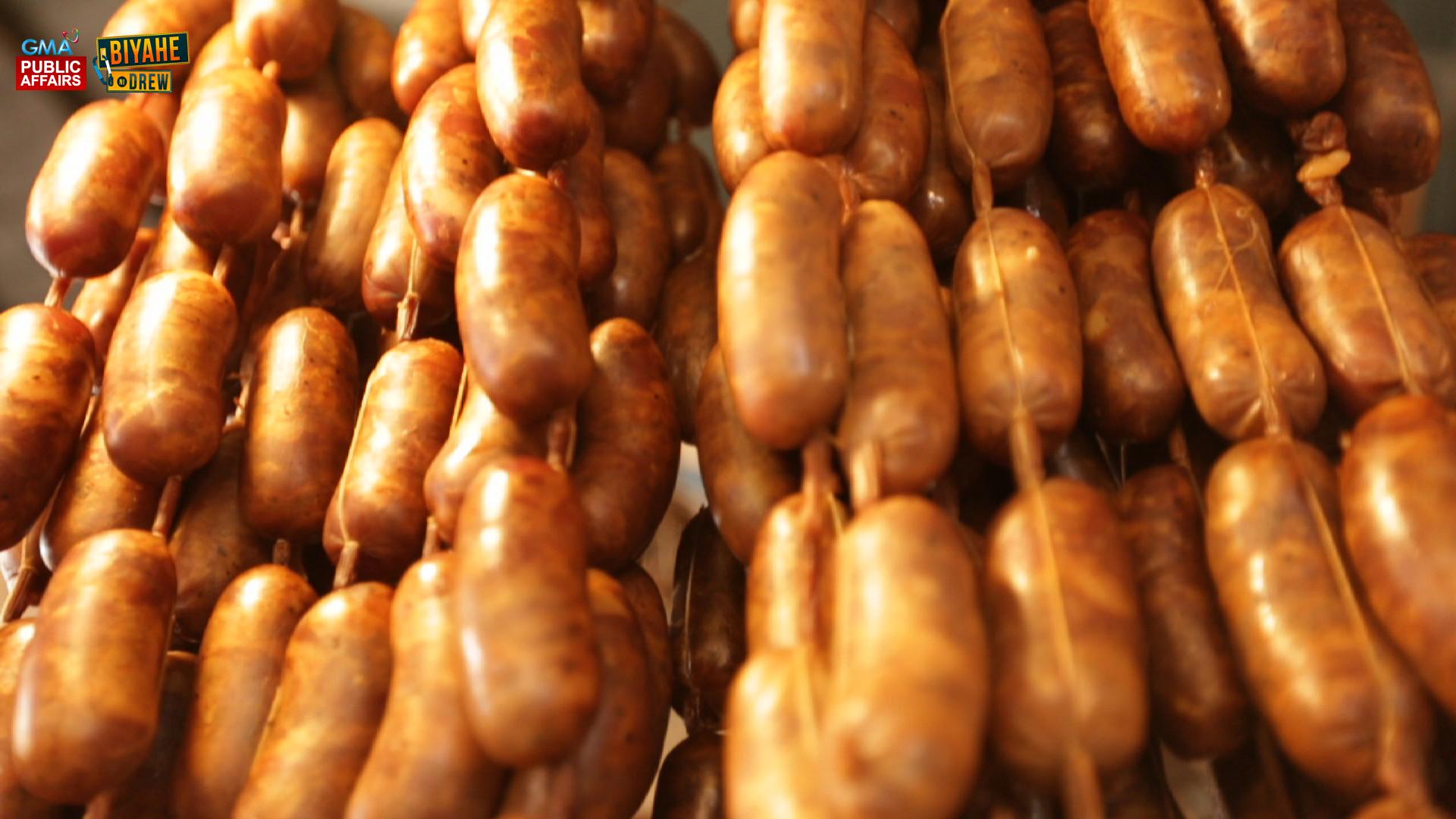
Let’s not forget that Batangas is also the Barong Tagalog capital of the country. Aside from food, you can always give your friends handmade Barong Tagalog they can use for formal occasions. Made-to-order and ready-to-wear Barong Tagalog starts at P3,000.
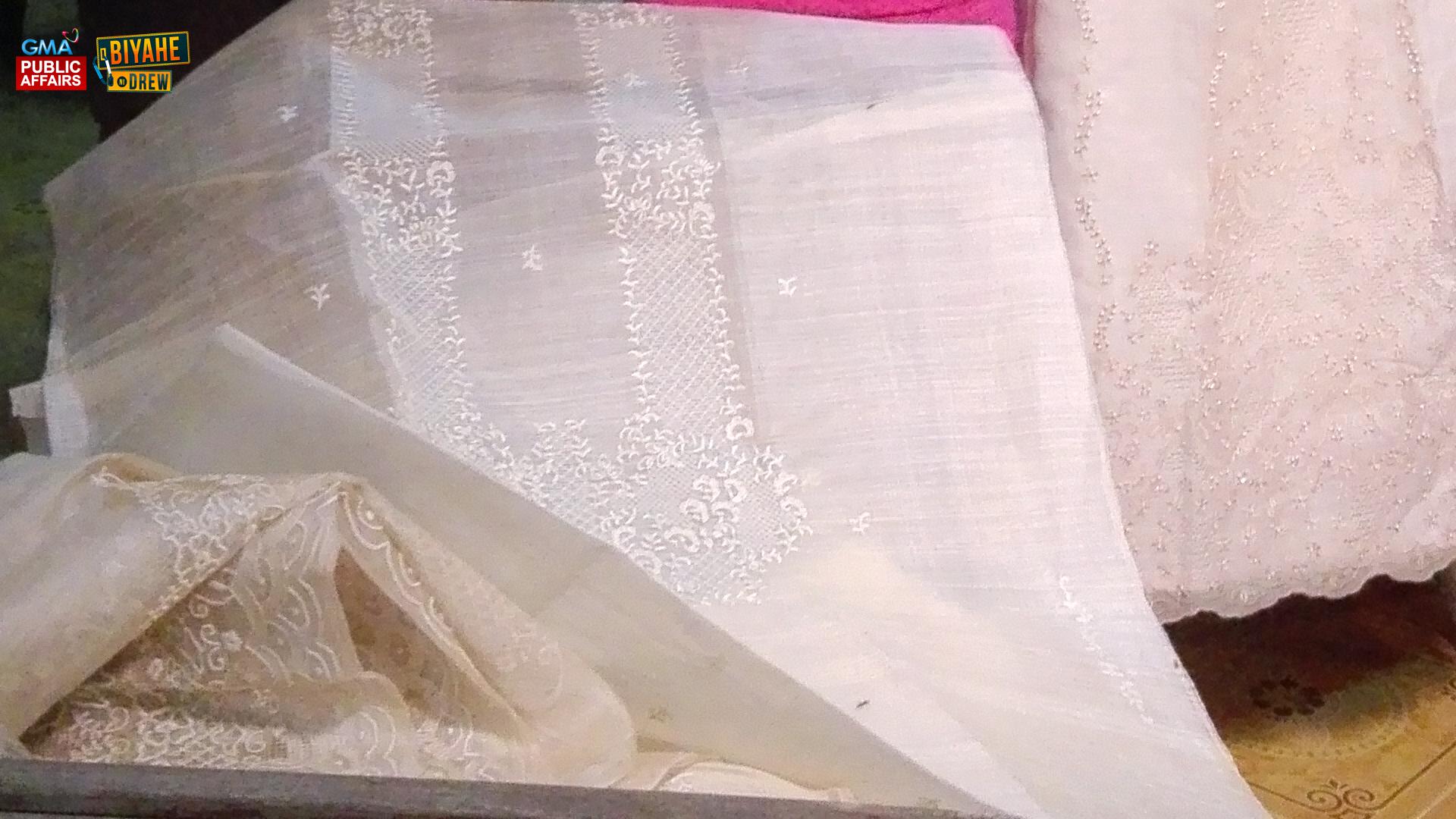
Unlike Calle Agoncillo, Barangay Balisong has stores of balisong lined up on a street instead of ancestral houses. All kinds of balisong are sold, from those with wood handles to those made up of horse bone or deer horn. Balisongs are sold at P300 and above while keychains cost P100.

---BMS, GMA Public Affairs




